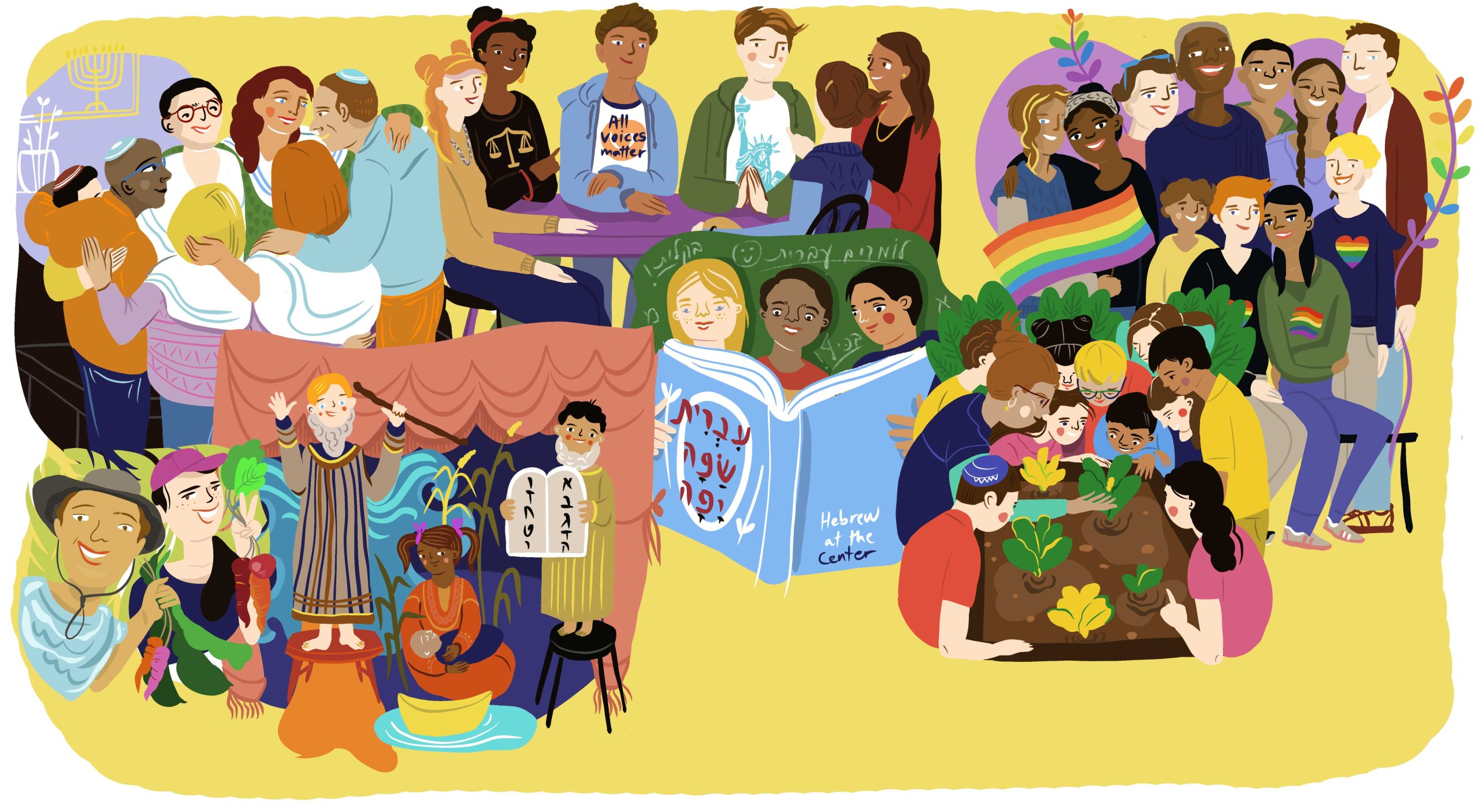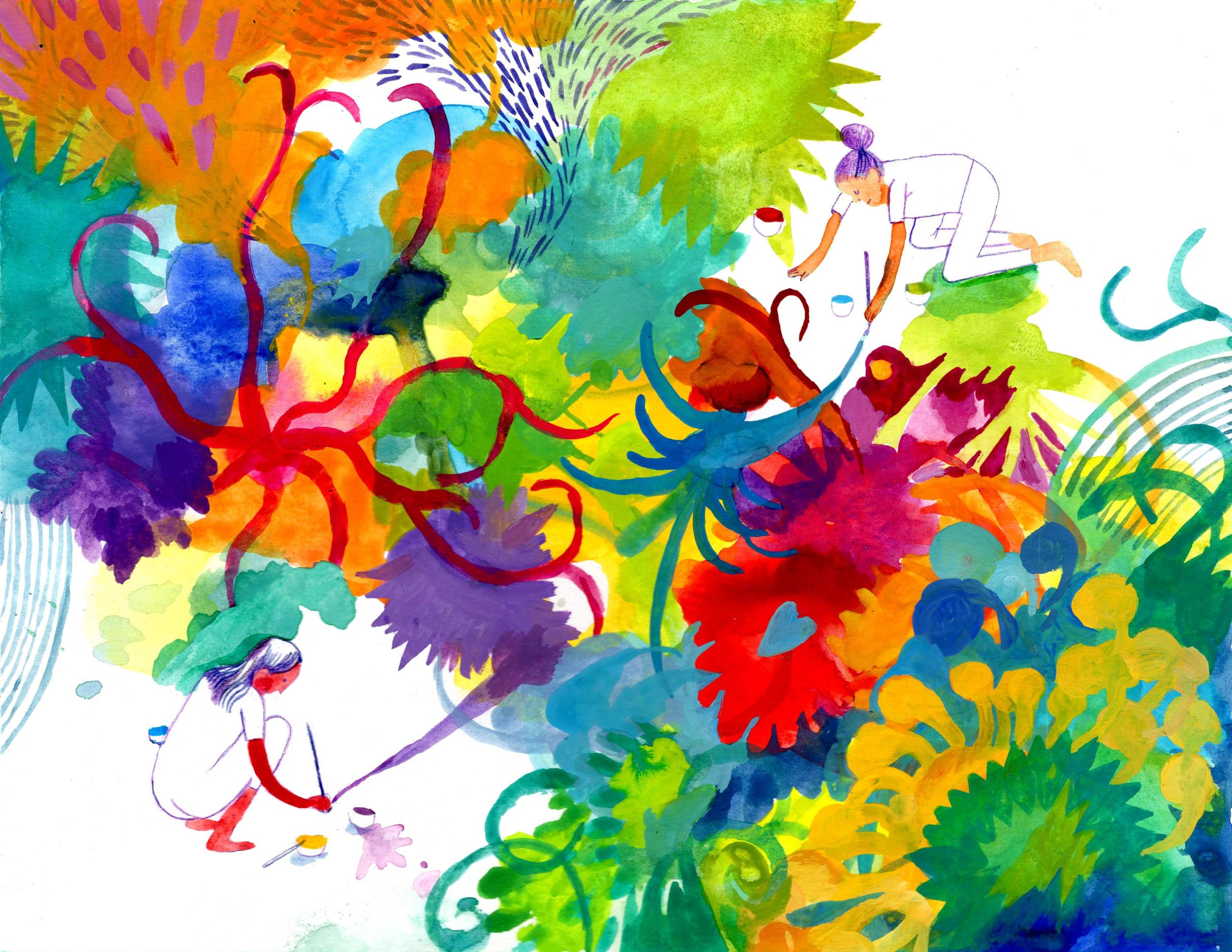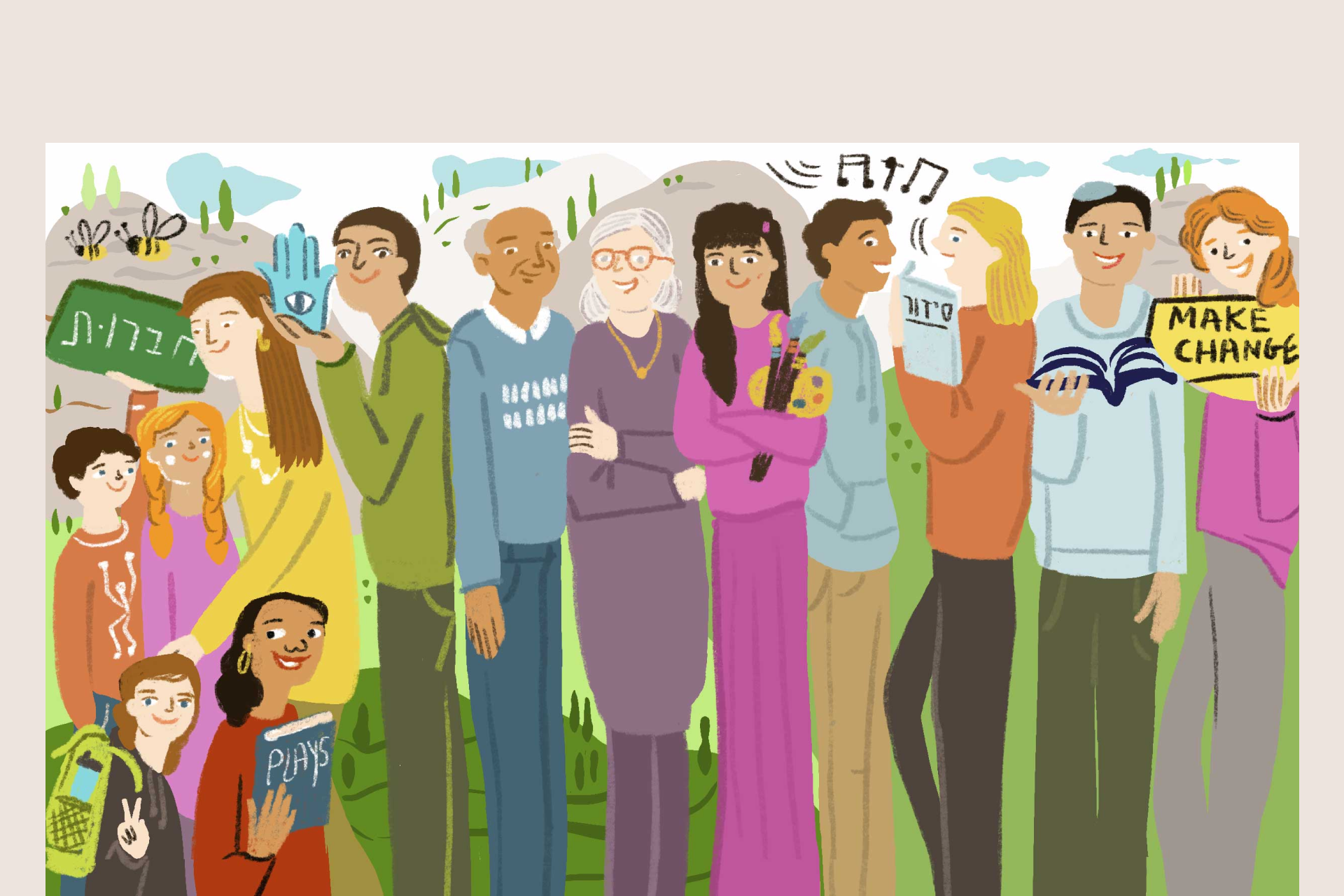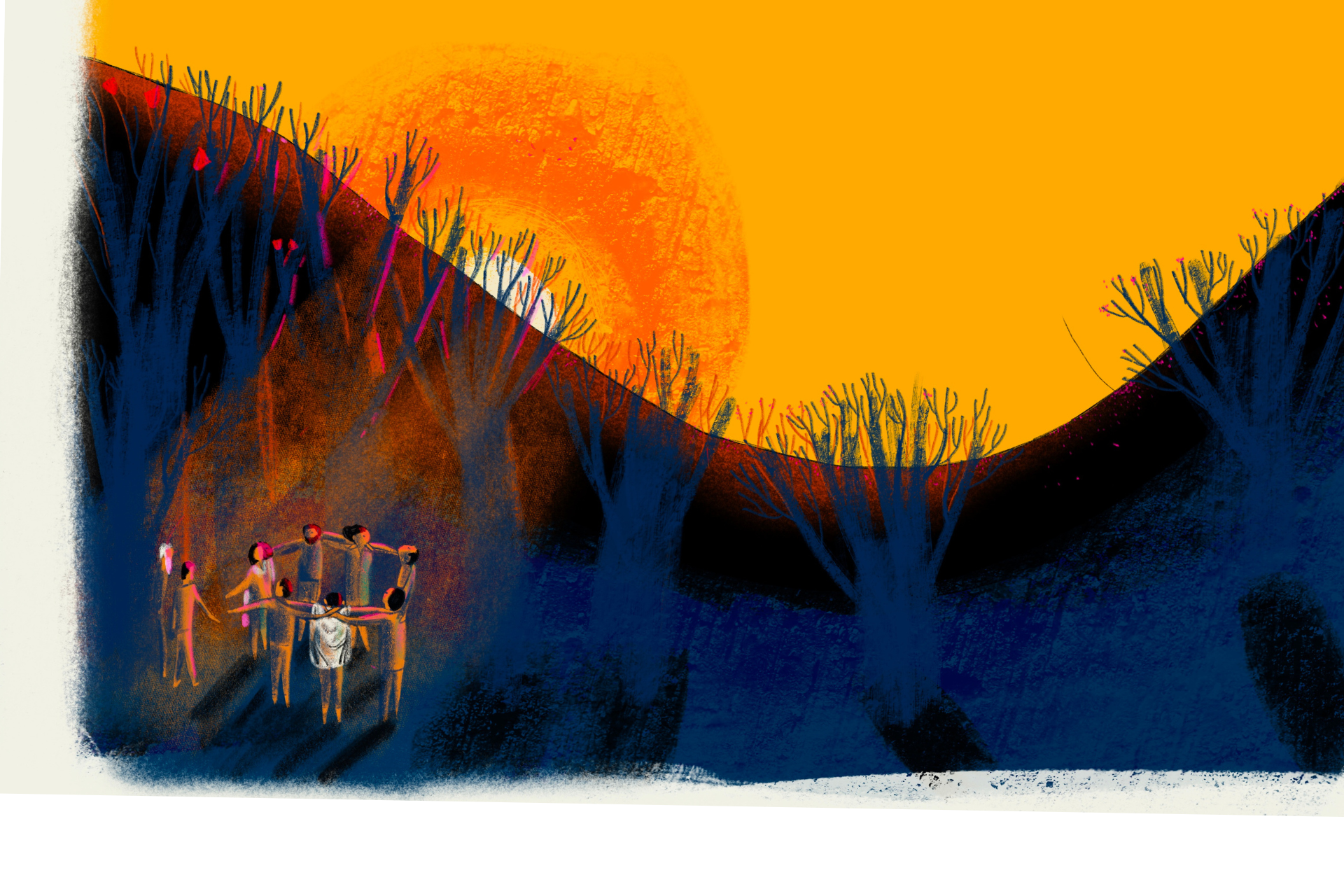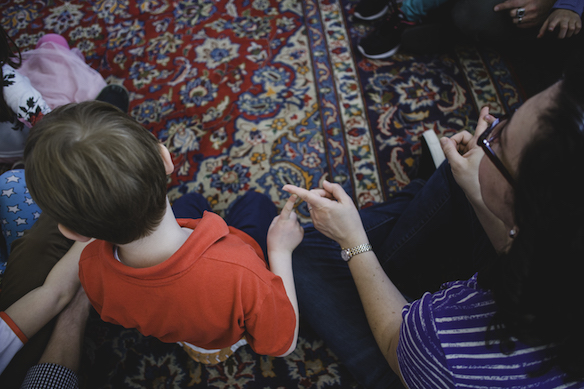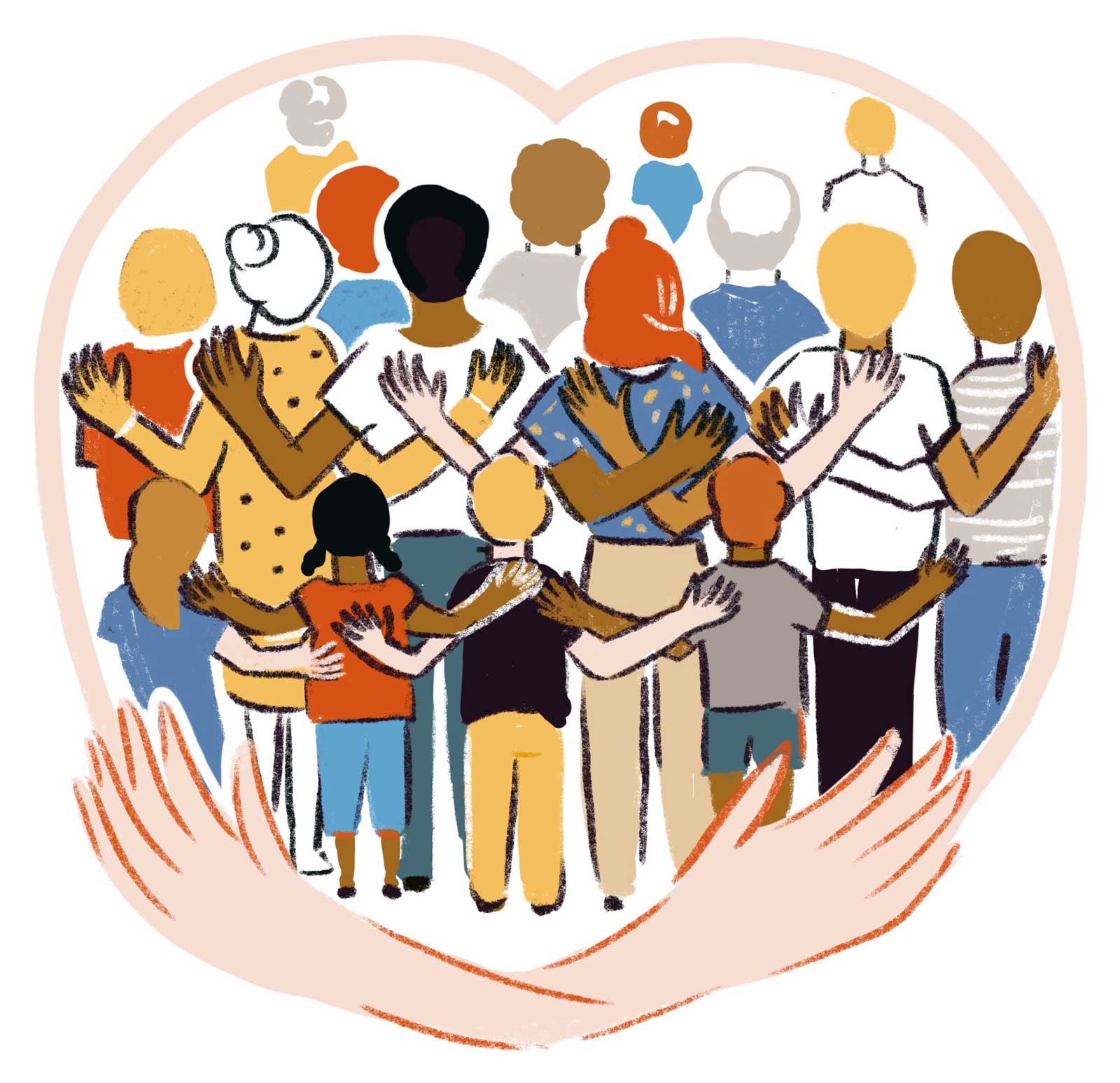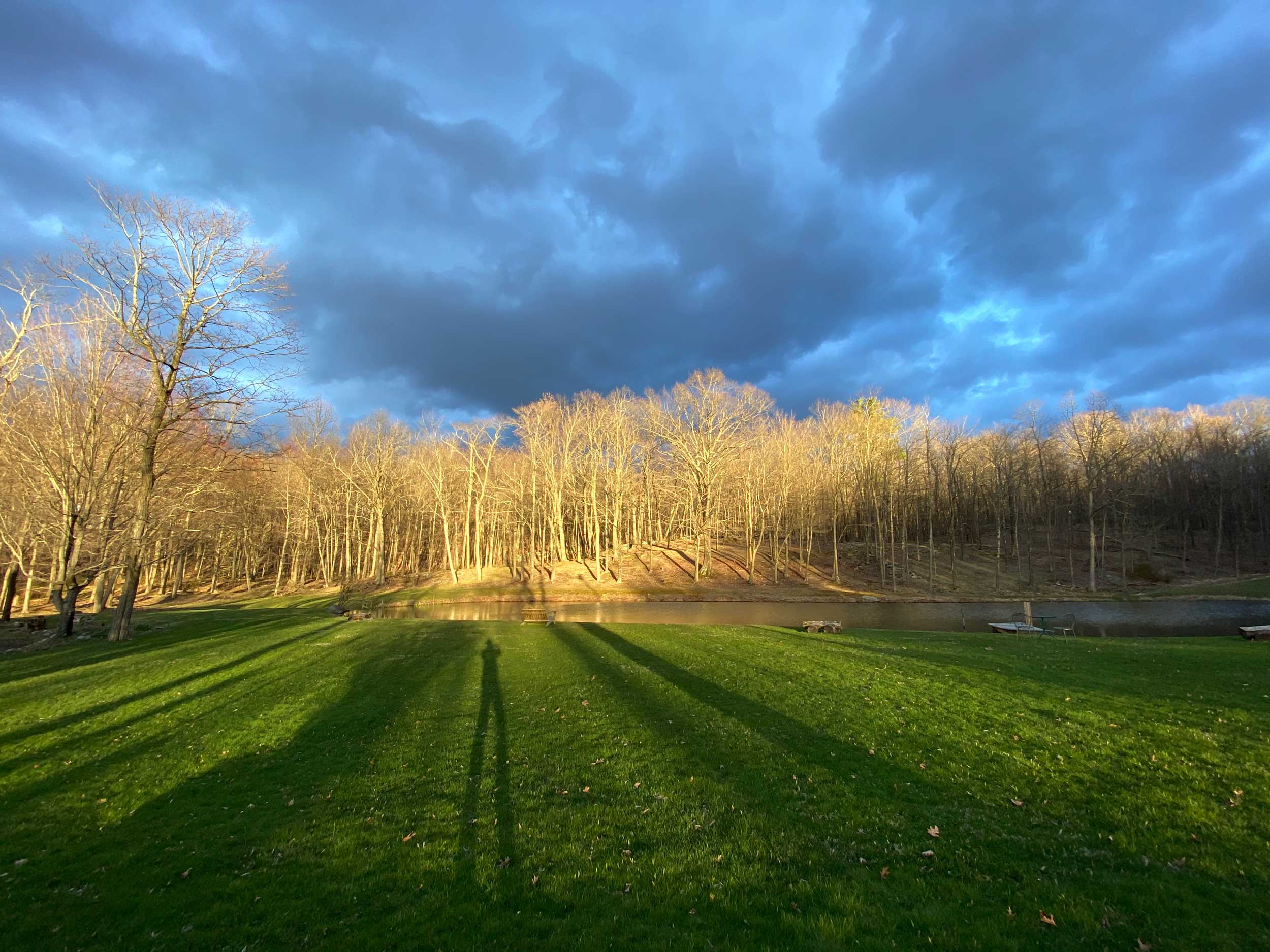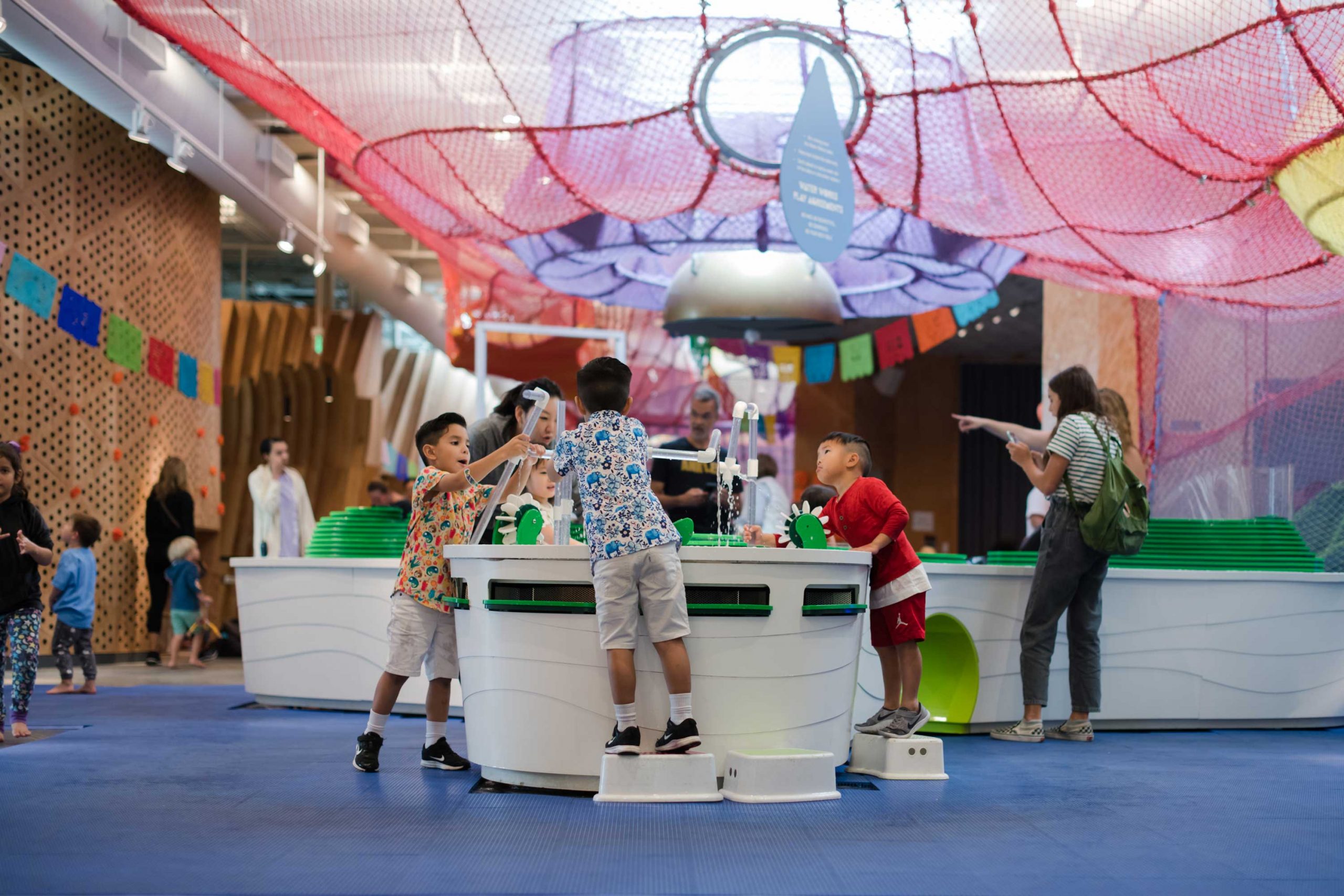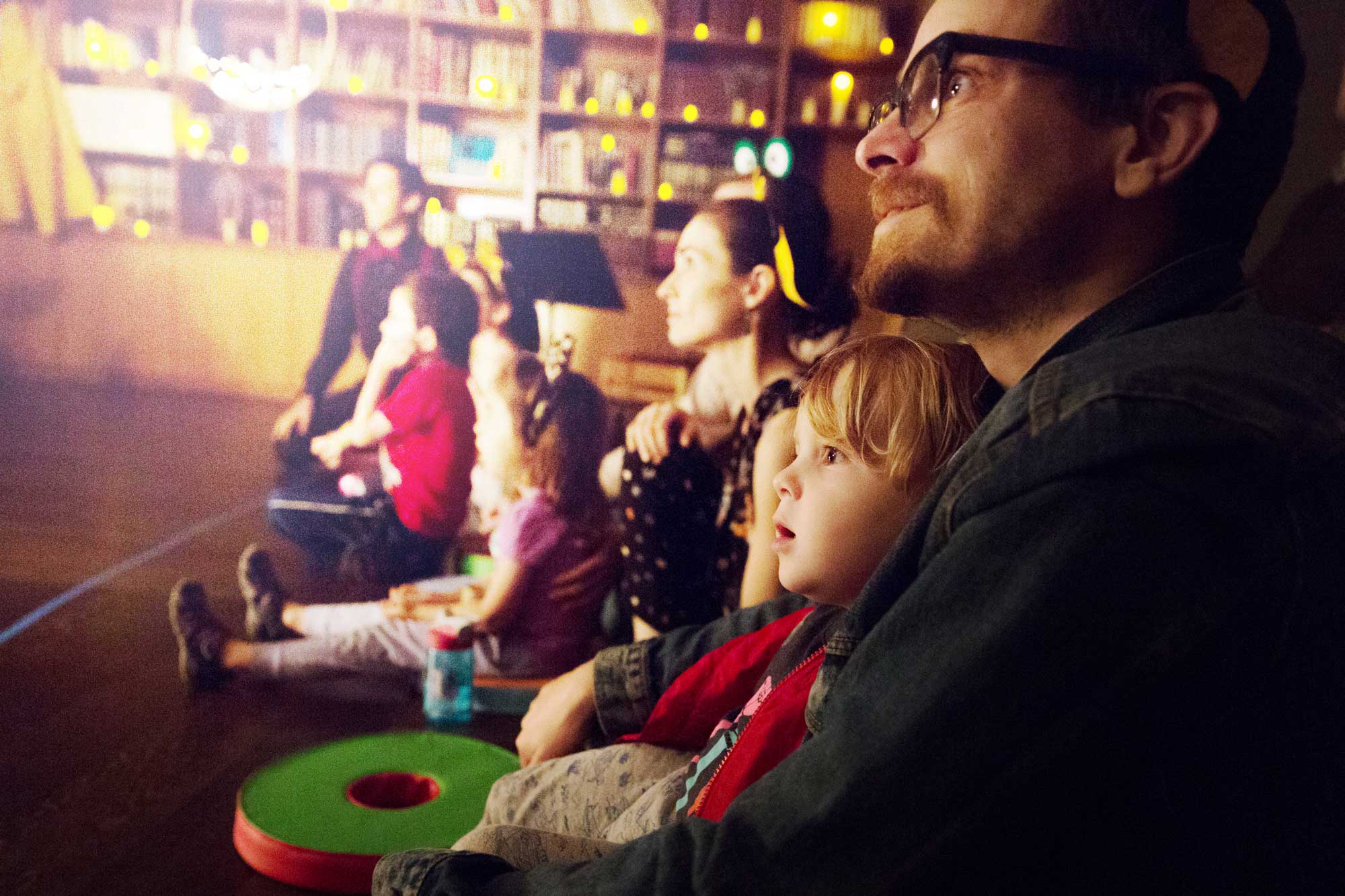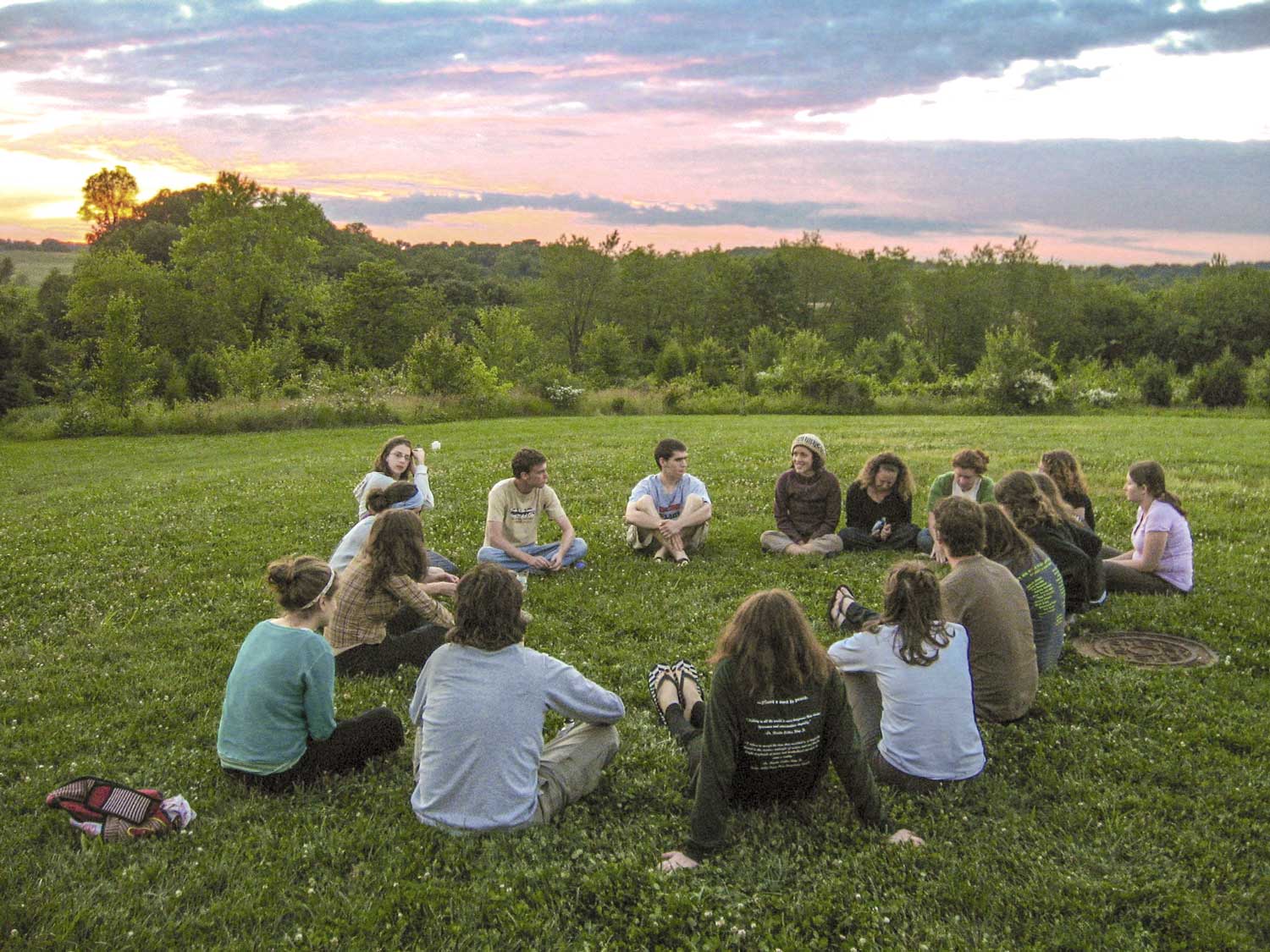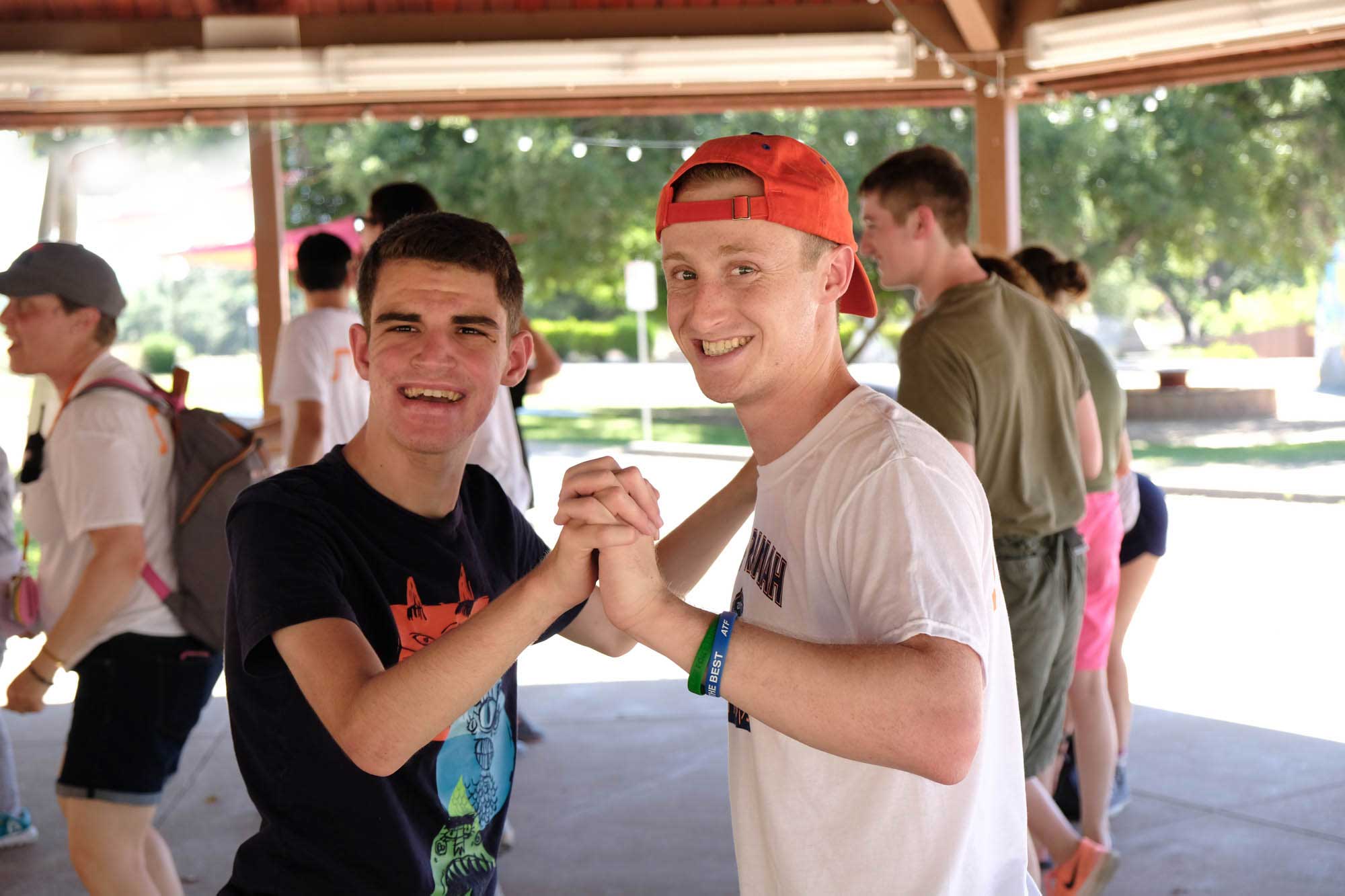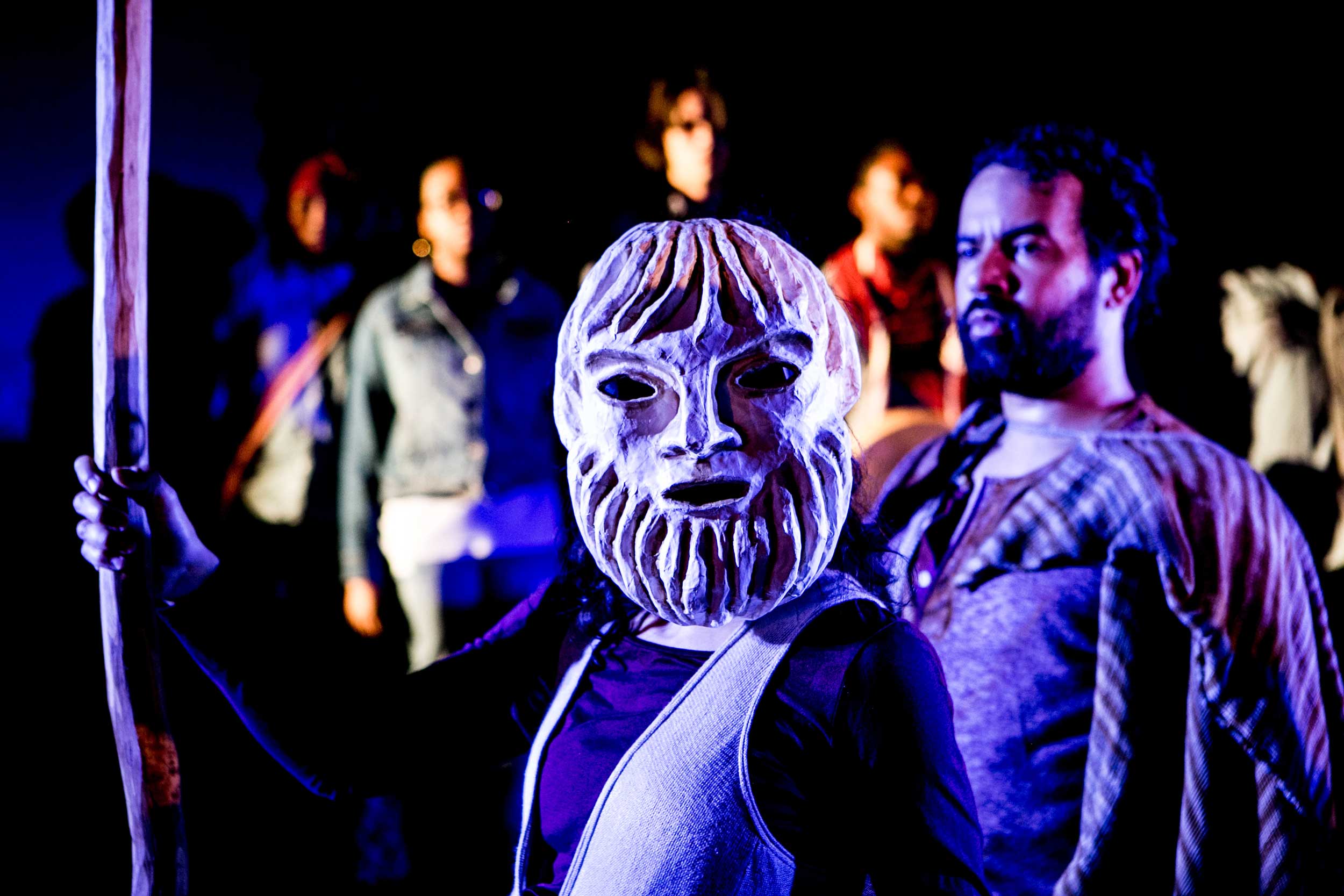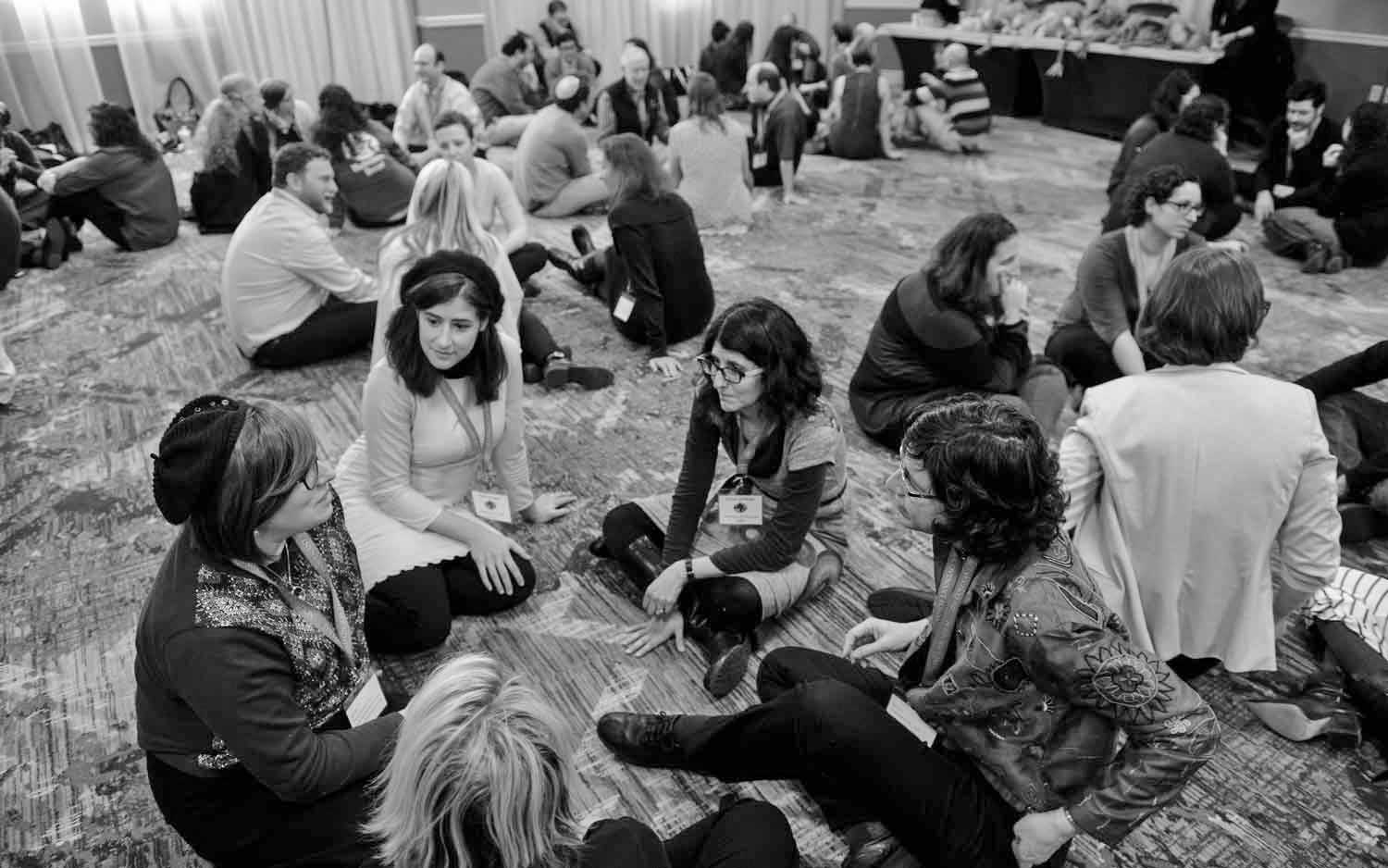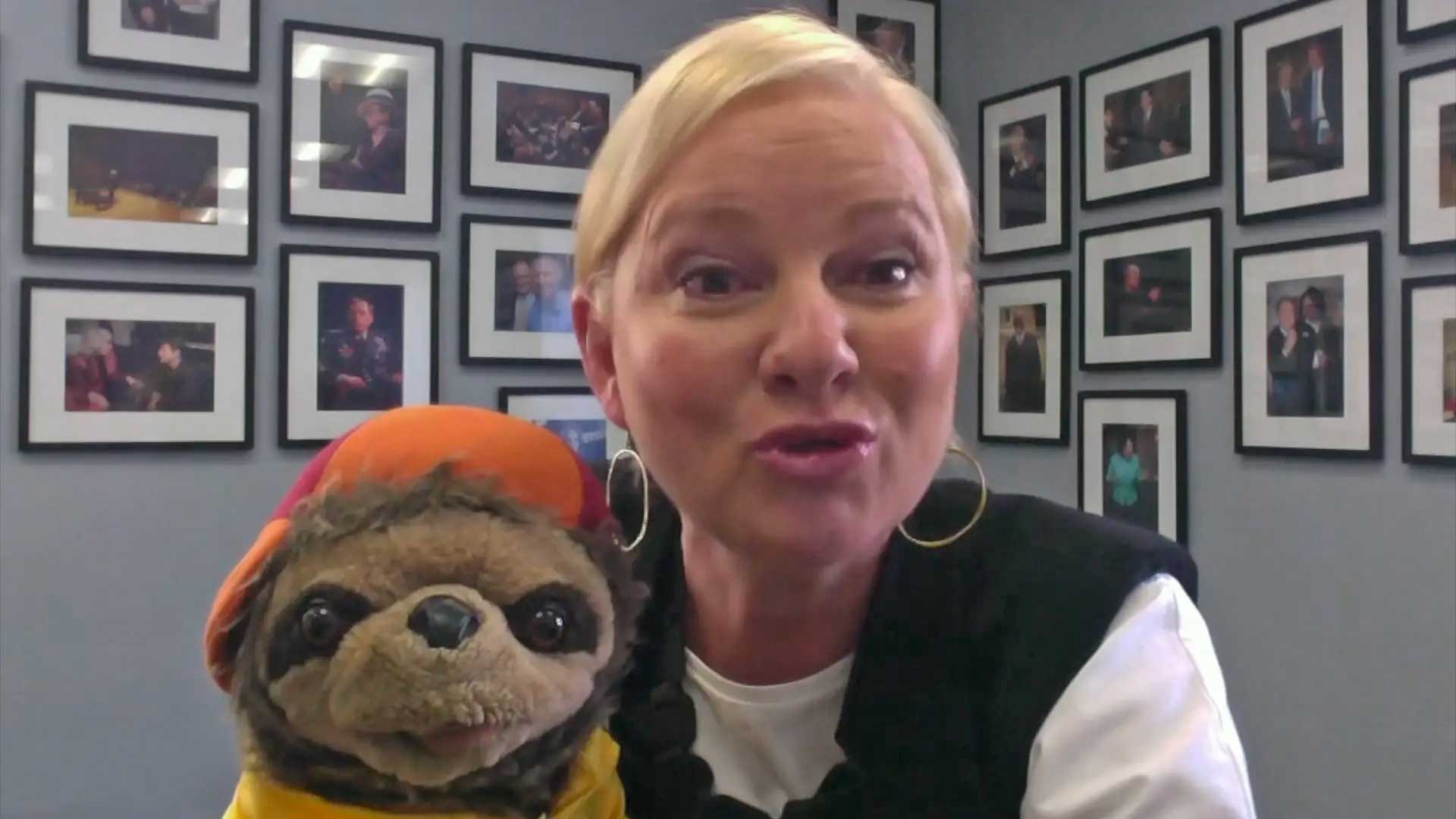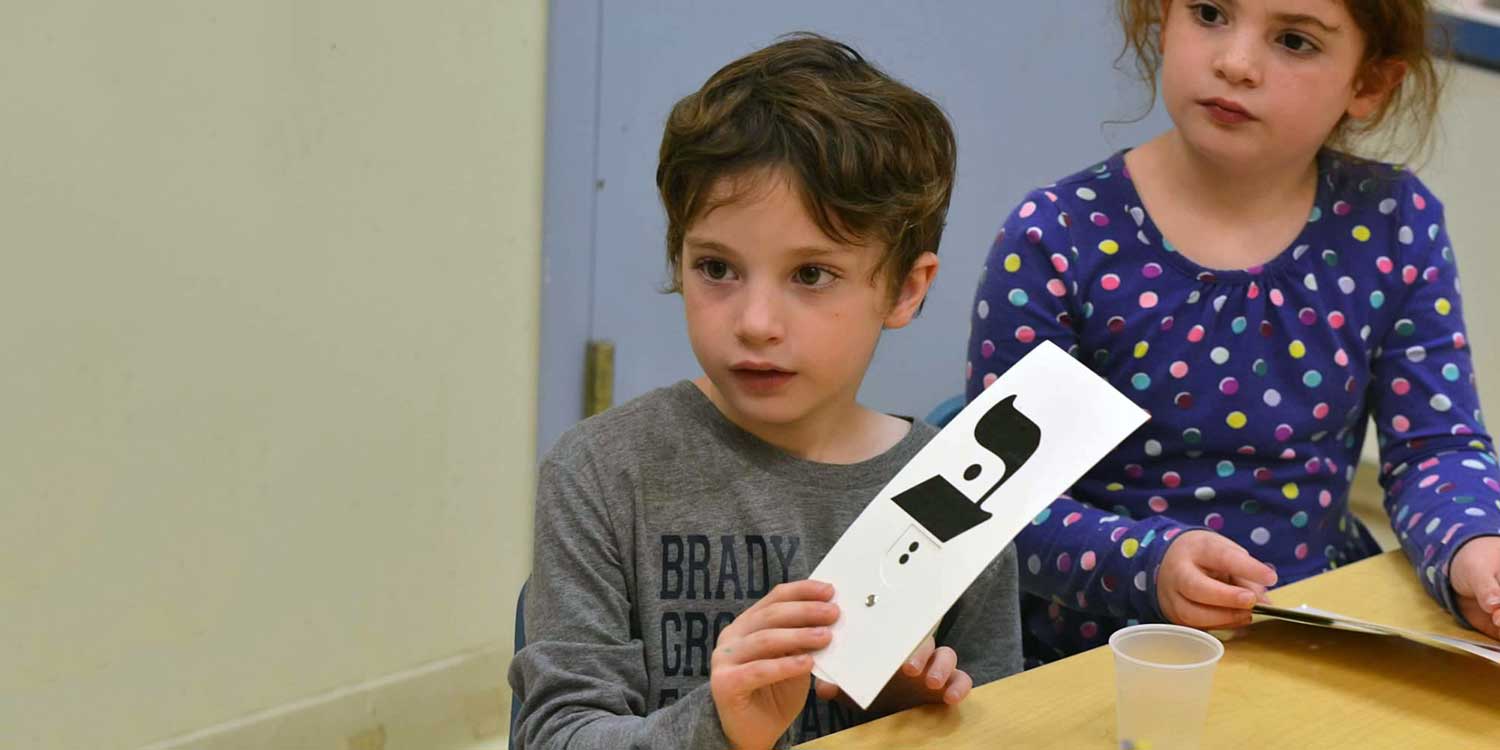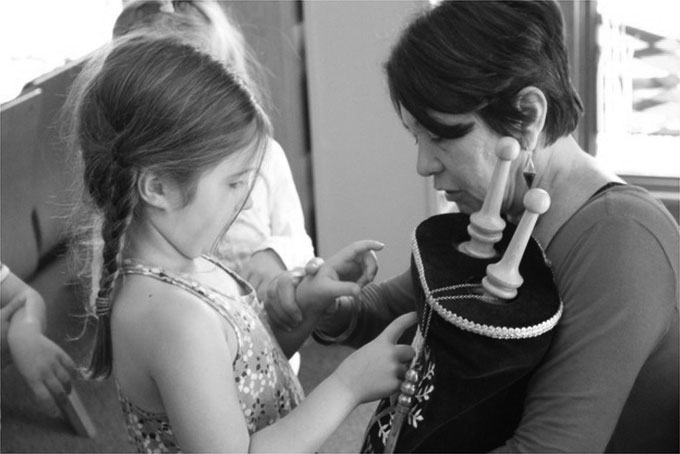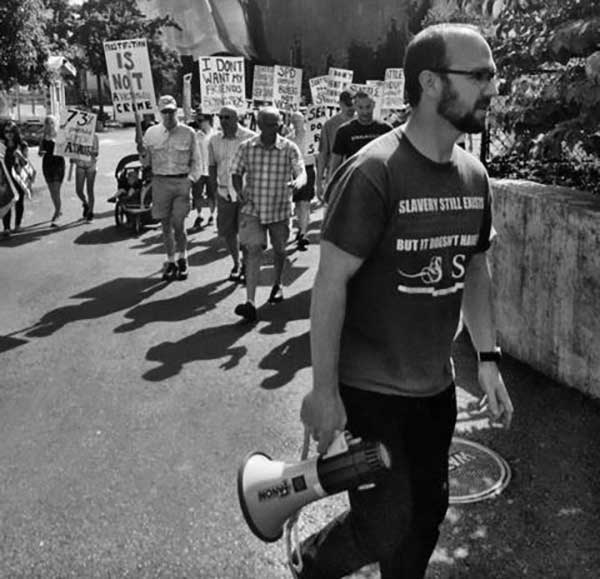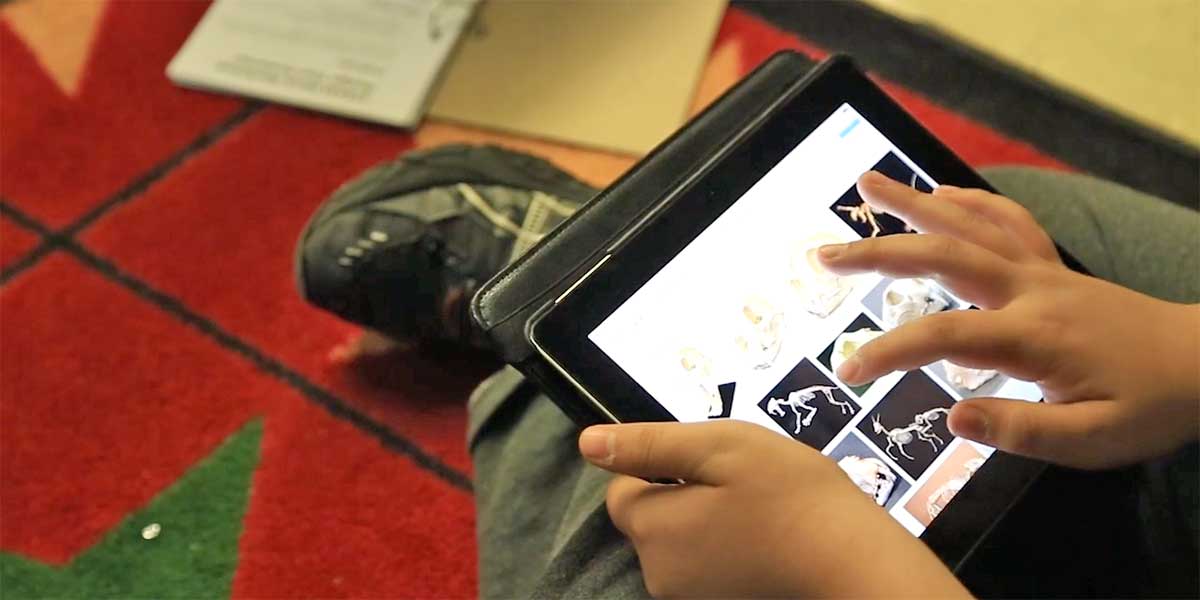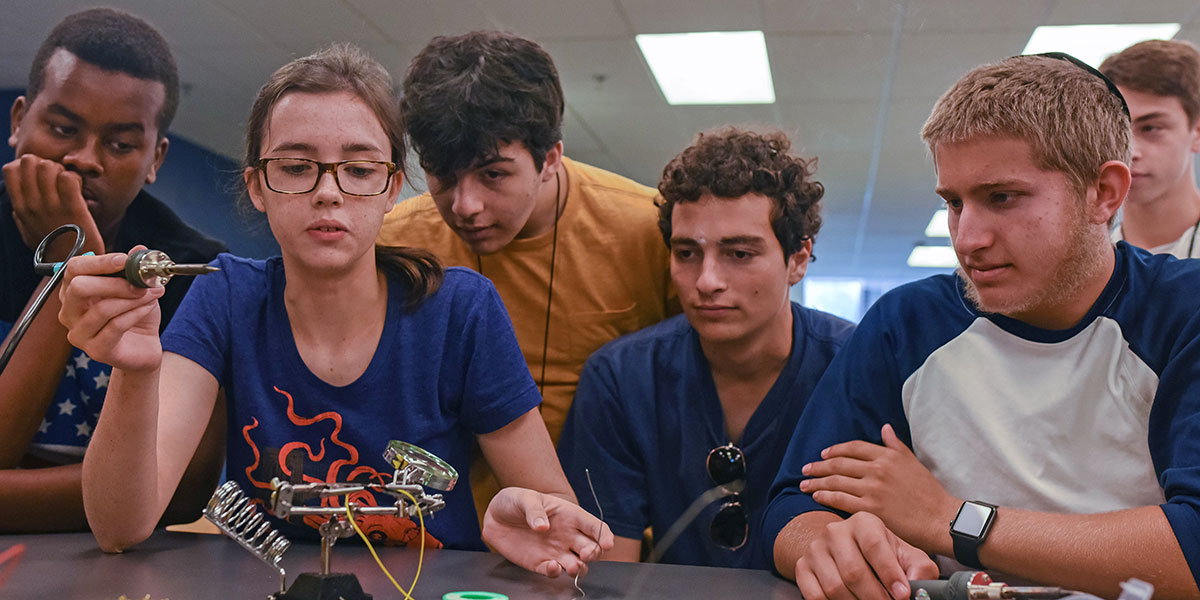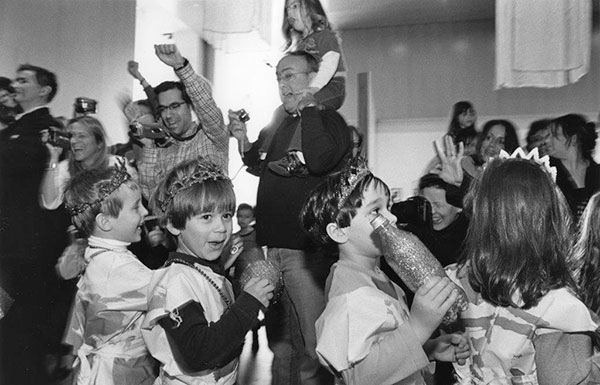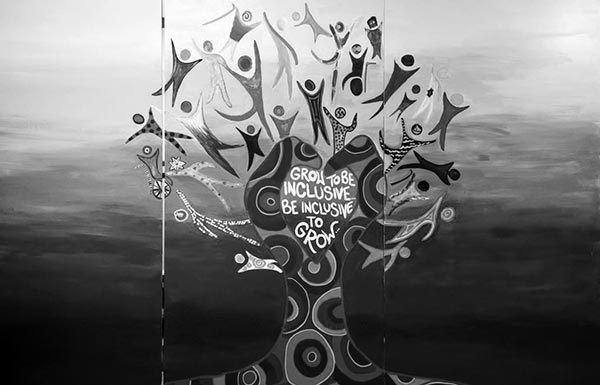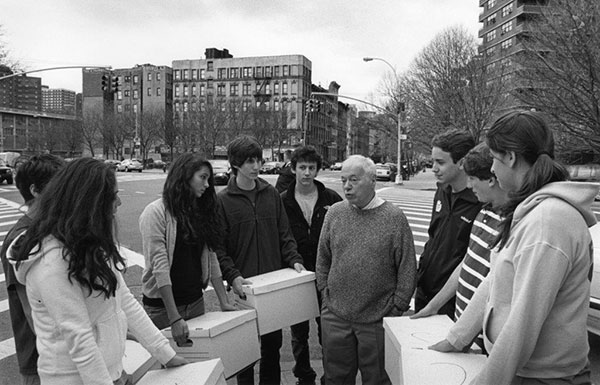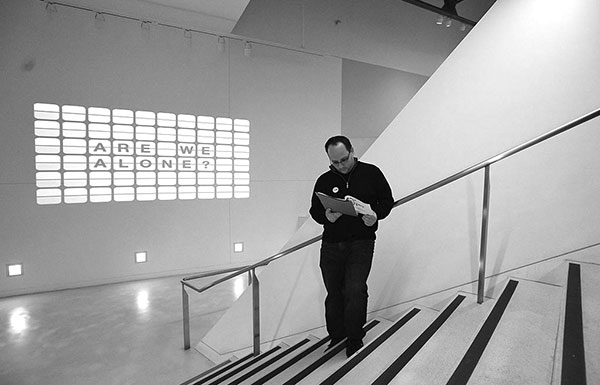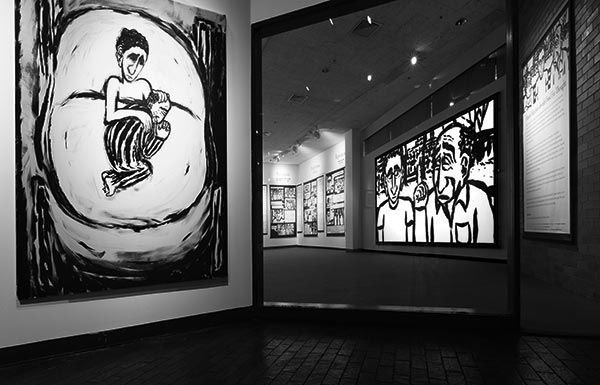
ARTICLE Toward Shlemut (Wholeness) with BaMidbar
The last two years were nothing if not a wilderness for teens. On top of the typical social and physiological challenges of adolescence, they got stuck with COVID and its attendant isolation. Many young people were pushed to the brink in terms of general wellness and mental health.
As Jewish educators and youth professionals know all too well, it’s not just the teens who struggled. Forced to create new frameworks and programs on the fly, our teachers were tasked with the impossible, and the stress took its toll.
As Jewish educators Kimberly Duenas and Brett Lubarsky wrote in “Teshuva for Educators: Returning to Self-Care,” a recent article for M²: The Institute for Experiential Jewish Education, COVID pushed educators into “a new reality.” The new reality, they wrote, means that self-care is nonnegotiable. They urged communities to put this understanding at the center of our work to support ourselves and one another.
Enter BaMidbar. Named for the Hebrew for “in the wilderness,” BaMidbar supports health and wellness in the Jewish community through professional development for educators and professionals, and direct service to teens and young adults.
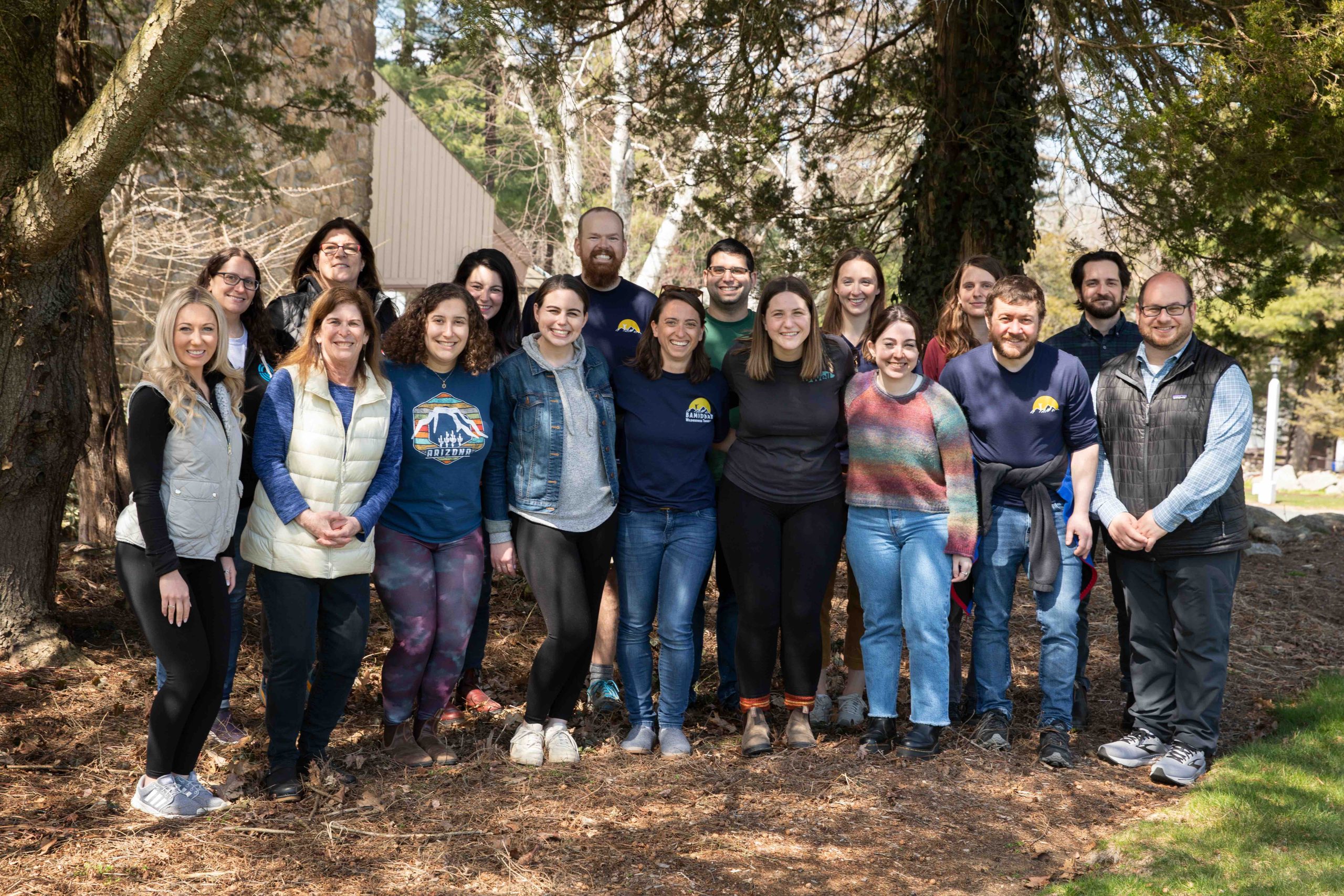
Founded by Jory Hanselman Mayschak in 2016 on the grounds of Ramah in the Rockies, the program began as BaMidbar Wilderness Therapy, the nation’s first Jewish wilderness therapy program for young adults. The new model took participants into the mountains, using the challenges and opportunities of camping and orienteering to support healing and wellness. The wilderness became a classroom, staffed by licensed mental health professionals and informed by clinical practices, Jewish values, and wilderness education.
While supporting Jewish professionals had been part of BaMidbar’s vision, “we didn’t think of it initially as central to our mission,” said Mayschak. But as more and more organizations asked for support, BaMidbar pivoted in 2019 to create staff workshops and training built on their rigorous clinical and experiential framework. (They received a Covenant Signature Grant for this work in 2020.) BaMidbar had just finished their first immersive workshop, a five-day program for 22 Jewish educators, when COVID struck in March 2020.
During the pandemic, BaMidbar continued to evolve its approach, finding ways “to bring the mountaintop into the classroom,” Mayschak explained. They began to partner with organizations like Foundation for Jewish Camp, where they created the Jewish Camp Mental Health and Wellness Internship, and the Combined Jewish Philanthropies of Greater Boston, providing content to the Jewish federation’s burgeoning teen wellness programs.
While most Jewish programming will continue to take place in urban environments, the wilderness model, according to Mayschak, “helps us all be present in our bodies and with our senses, giving us additional tools to manage our stress and rebalance our nervous system.” On top of that, she adds, the BaMidbar approach speaks directly to “the metaphor of journey, and what it means to be in the wilderness as a Jew, moving from one place or experience to another.”
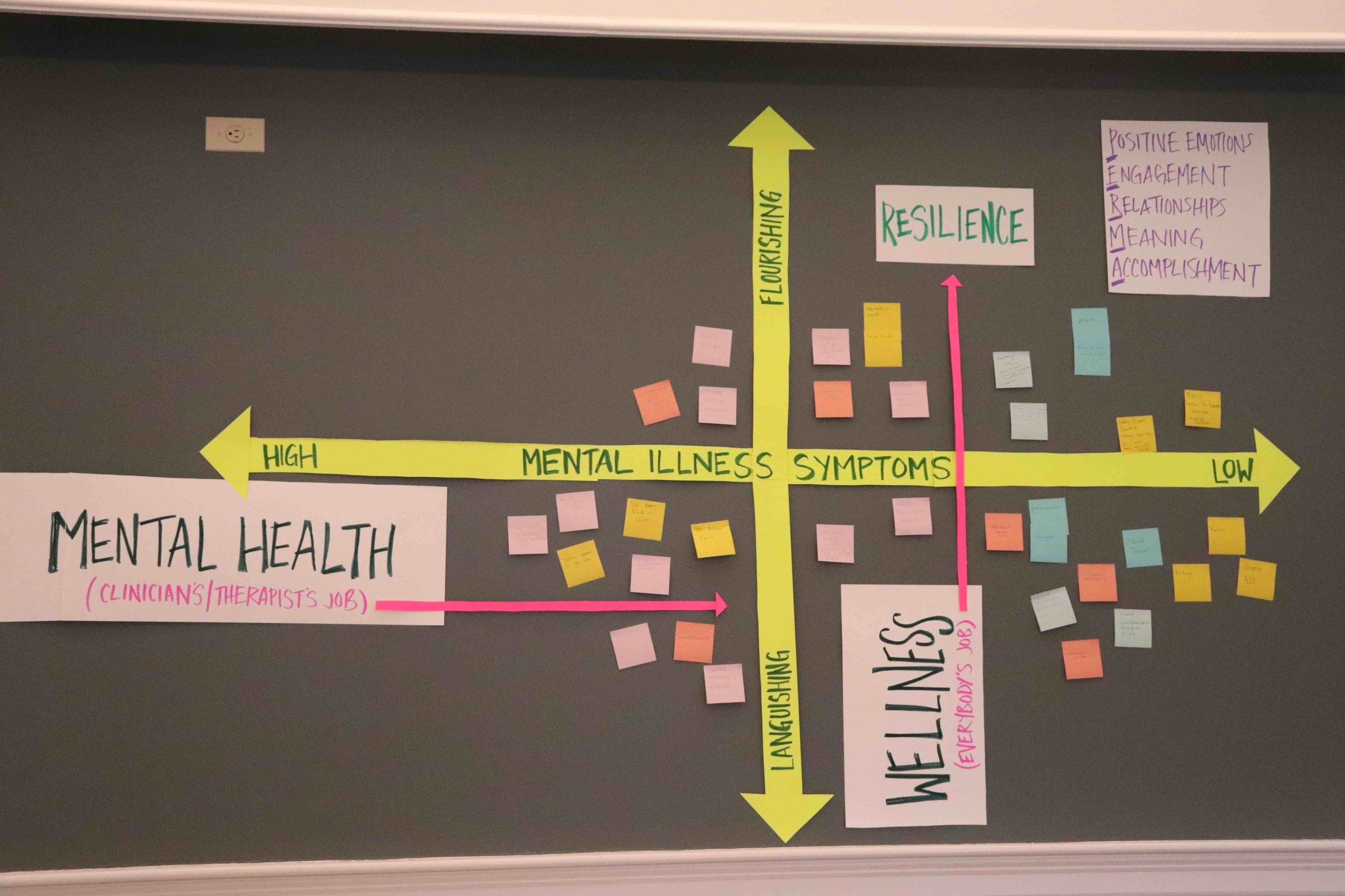
This past summer, a cohort of Boston-area Jewish professionals finally came together for the first revamped MESH-EE program, held in Ashland, Massachusetts.
MESH-EE stands for Mental, Emotional, and Social Health for Experiential Educators, and it is designed to help professionals create Jewish educational experiences through a wellness lens. The program balances theory, practical tools, and reflection, and follows four key learning objectives: mental health literacy, experiential education as a wellness facilitation tool, whole-health wellness through a Jewish lens, and educator self-care.
Although MESH-EE doesn’t take place in the wilderness per se, participants spend most of their time outside, leaning into the value of green space, physical collaboration, and even the slowness of nature-time.
Nalanie Haueter, the new Director of Youth and Teen Engagement at Temple Aliyah in Needham, Massachusetts, was part of this summer’s MESH-EE cohort.
“I’ve never been part of a professional development program that so explicitly cares for both the professionals and the people we are working with and care for,” she said.
Among her takeaways is a greater awareness of the limits of her job as well as tools to do more with what she can control. In her previous work with Hillel students, Haueter would “take home the emotional or mental health burdens of the students I worked with,” in part because she was an early touchpoint for newly independent young adults just beginning to understand their emotional limits and challenges.
Through MESH-EE, she now has a better understanding: “I am not a therapist or mental health professional. My job is to create a space where students can come in and be nourished and connect with one another. A place that is conducive to overall physical, emotional, and mental wellness,” she said.
MESH-EE is designed to help Jewish professionals understand this distinction, Mayschak noted, adding that it’s important to know how to spot signs of toxic stress (a term she generally prefers to “trauma”), and when and how to pass the baton to a licensed professional.
Among the explicit Jewish values that drive BaMidbar are simcha, which Mayschak defines as “joy that takes place in community,” and shlemut, or wholeness. Simcha is the kind of experience people have at Jewish summer camp, which is the closest model for joyful experiential learning for many Jews—something Mayschak had seen firsthand at Ramah in the Rockies and other Jewish outdoor experiences.
Shlemut suggests that health must be seen as an ecosystem that requires an understanding of all of its interconnected elements. The value of addressing the larger picture is driving BaMidbar’s interest in exploring Jewish wellness more systematically.
“The future is building mental health capacity into organizations, and doing it holistically and proactively, as opposed to just responding,” Mayschak explained.
Brett Lubarsky agreed. As Director of the Jewish Teen Initiative for Boston’s CJP, where he oversees the federation’s Peer Wellness Fellowship, he attended this summer’s MESH-EE retreat. The youth fellowship is a formal collaboration with BaMidbar, and in 2021, its first year, 22 teens came on board. That success, said Lubarsky, is a sign that young Jews are hungry to learn new wellness tools and “by doing so, to help others build resilience, remove stigmas, and share the things they need to share.”
Lubarsky pointed out that the Hebrew root of bamidbar is dever, or speech. It’s no surprise, then, that BaMidbar’s framework of wellness “helps people find their voice in the wilderness. And when they do, they can write their own narrative of growth and self-discovery.”
By Dan Schifrin, for The Covenant Foundation

